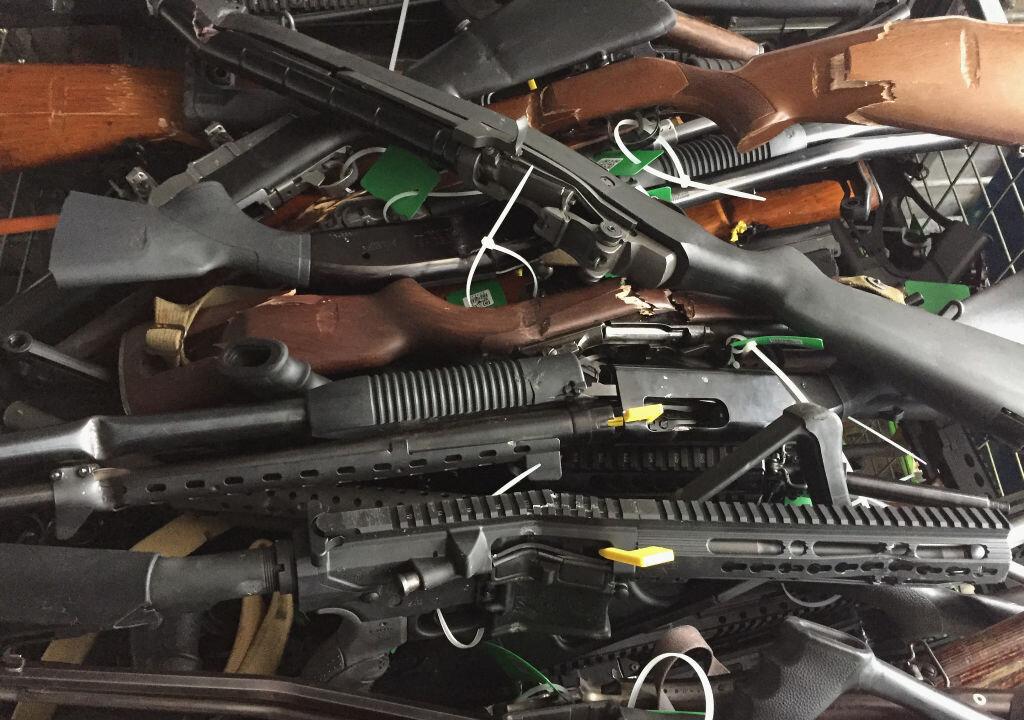The New Zealand Police Association—a union that represents 98 percent of all sworn police officers—has taken the unprecedented step of writing to Prime Minister Christopher Luxon questioning the fitness of Associate Minister of Justice, Nicole McKee, to hold the position.
In June, the minister—an ACT Party MP—announced “a comprehensive programme to reform New Zealand’s outdated and complicated firearms laws.”





